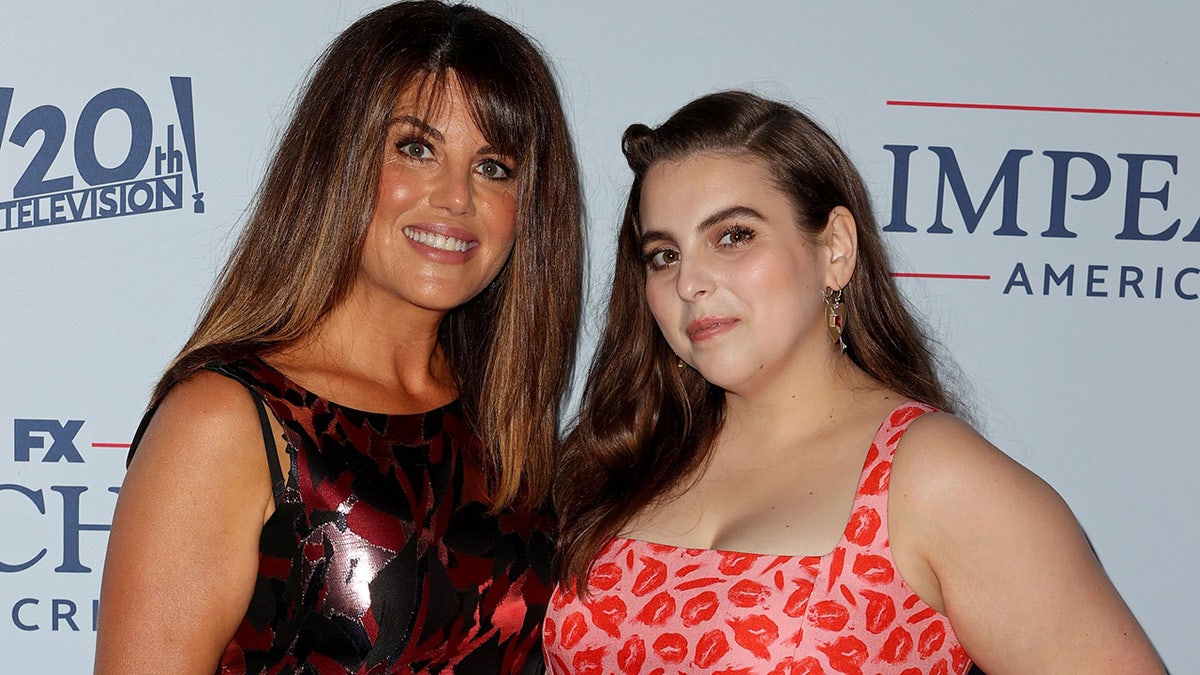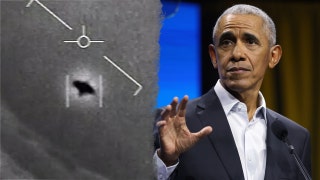Media top headlines October 4
In media news today, Fauci gets slammed for claiming it's 'too soon' to consider Christmas gatherings, Axios report Jonathan Swan says traffickers are using Biden's immigration policies to encourage migrants into the U.S., and 'Fox News Channel: 25 Years' kicks off special coverage of the network's 25th anniversary
Monica Lewinsky offered her opinion of the rise of cancel culture, and whether or not she was victim to it following her affair with President Bill Clinton in the 1990s, during the New York Times "Sway" podcast Monday.
"I see the benefits and I see the detriments," Lewinsky told host Kara Swisher. "And really, my top feeling about it is that — and this is how I feel about a lot of things, that they become a catchall phrase. We need to actually divide cancel culture up into what the pieces are. What are we talking about?"
Lewinsky, now an activist and producer, suggested that in some cases the act of canceling can be a positive, such as when it exposes sexual predators who were brought to light in the MeToo movement. But she questioned the effectiveness of cancel culture when it targeted someone who may have had only one misstep in an otherwise clean-cut career, or who has "evolved" since an act of indiscretion.
"Are we talking about a MeToo scenario, where someone has been a sexual predator, abused their power?" she continued. "Are we talking about a scenario where it’s a company? Or are we talking about something that’s a racial issue? What are we talking about? Is it a misstep from somebody who actually rarely does anything like that? Is it something somebody said from a long time ago and they’ve evolved as a person? So we’ve given this one term to all of these things. And it doesn’t work to have this same cycle of behavior for all those things."
Swisher appeared to have more defined feelings about the trend, referring to it instead as "accountability culture."
"Maybe some people deserve shaming in some ways," Swisher added.

WEST HOLLYWOOD, CALIFORNIA - SEPTEMBER 01: (L-R) Monica Lewinsky and Beanie Feldstein attend the premiere of FX's "Impeachment: American Crime Story" at Pacific Design Center on September 01, 2021 in West Hollywood, California. (Photo by Kevin Winter/Getty Images))
Lewinsky said "I don’t know" when considering whether she herself had fallen prey to cancel culture. She, has, however, previously called herself "patient zero" in terms of cyber bullying.
"Imagine waking up with the whole world talking about you because your mistake, your secret, has now been made public," she said in her documentary, "15 Minutes of Shame" and in a 2015 TED Talk. "Trust me: I know a little something about this. I was Patient Zero of having a reputation destroyed because of the internet — and I would not be the last."
Swisher later noted everyone in Lewinsky's story had "behaved badly, most especially Bill Clinton, by the way, who could be canceled, in my opinion, in many ways. I don’t know if you think that, but I do."
"I think he had an opportunity as an elder statesman, when the conversation was changing, to be somebody who could have taken responsibility and done things in a different way, if he had evolved much," Lewinsky said.
Previously an unknown White House intern, Lewinsky became world-famous after the exposure of her affair with Clinton and his subsequent impeachment for obstruction and perjury after he lied about their relationship in a deposition.
Lewinsky is now being portrayed on and co-producing the FX series "Impeachment: American Crime Story," which dramatizes the scandal.
Swisher asked Lewinsky if she would have had a better chance of telling her side of the story if social media had existed in the late 1990s.
CLICK HERE TO GET THE FOX NEWS APP
"I don’t know," she said. "One thing I do know, I mean, I don’t know that it’s the right context in which I would have been judged, but what would have existed is, rather than going to my high school yearbook page to see, what did I put in my stupid collage, you might have seen more aspects of who I was as a person, that people would have been able to anchor. They would have seen that I was funny back then."
"That was a joke," she added. "But yeah, or just my level of intelligence, or what was I interested in. Or not even level of intelligence, but that I wasn’t a dumb bimbo."










































